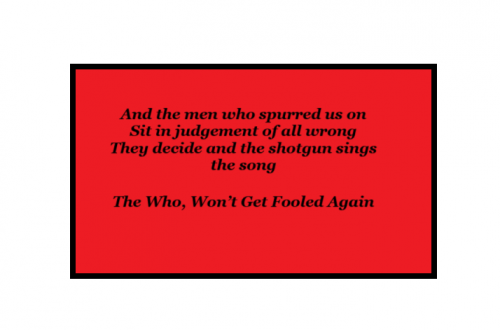While ostensibly just seeking information, the new website set up by Geert Wilders, Hotline Central and Eastern Europeans, seems designed to stir up bigotry and hate:
“Did you lose your job to a Pole, Bulgarian, a Romanian, or any other Central or Eastern European? We would like to hear about it.”
The website also asserts that people from such countries are likely to be associated with crime, drugs, prostitution and dumping household waste. Despite protests from all over Europe, and from within the Netherlands itself, the government is keeping quiet about its coalition partner.
However, while a number of Dutch citizens have been quick to make their feelings clear, no formal statement has been made by the Dutch government in response to the site. The Prime Minister has so far declined to comment, saying that the forum is a matter for the PVV only. The social affairs minister, Henk Kamp, refused to criticise the initiative, saying it is up to political parties to do as they see fit. (This may well worry opponents to the site, seeing as it is to this very minister that the PVV plans to present the results of what they collect on the site). But, does the Dutch government’s silence really speak of tacit agreement? Or does it rather testify to the cumbersome arrangement of the Dutch coalition agreement – Wilders’ party has no ministers and no seats in the cabinet yet the governing coalition needs the support of the PVV to retain its slim parliamentary majority.
Wilders is of course most readily associated with his uncompromising views on Islam. Chrisopher Dickey sums up his position pithily and accurately here: “Wilders is a master at capitalizing on real fears and conjuring false ones.” Even Hirsi Ali, here apparently softening her previous stance on Islam, thinks he has now gone too far on this issue.
“He has to move to the middle,” urges Hirsi Ali. “He has to distinguish between violent Islamists and nonviolent Muslims. You know, there are so many shades of Muslims right now, and he could use some of them as his allies.”
Returning to the issue of Eastern Europeans, it struck me that many of the countries Wilders singles out for blame, Hungary, Slovakia and Bulgaria for example, are themselves homes to growing movements coming up with similar rhetoric against the minorities in their own societies: Roma, Jews, Muslims. In times of economic uncertainty the urge to look for a scapegoat seems pretty universal.


